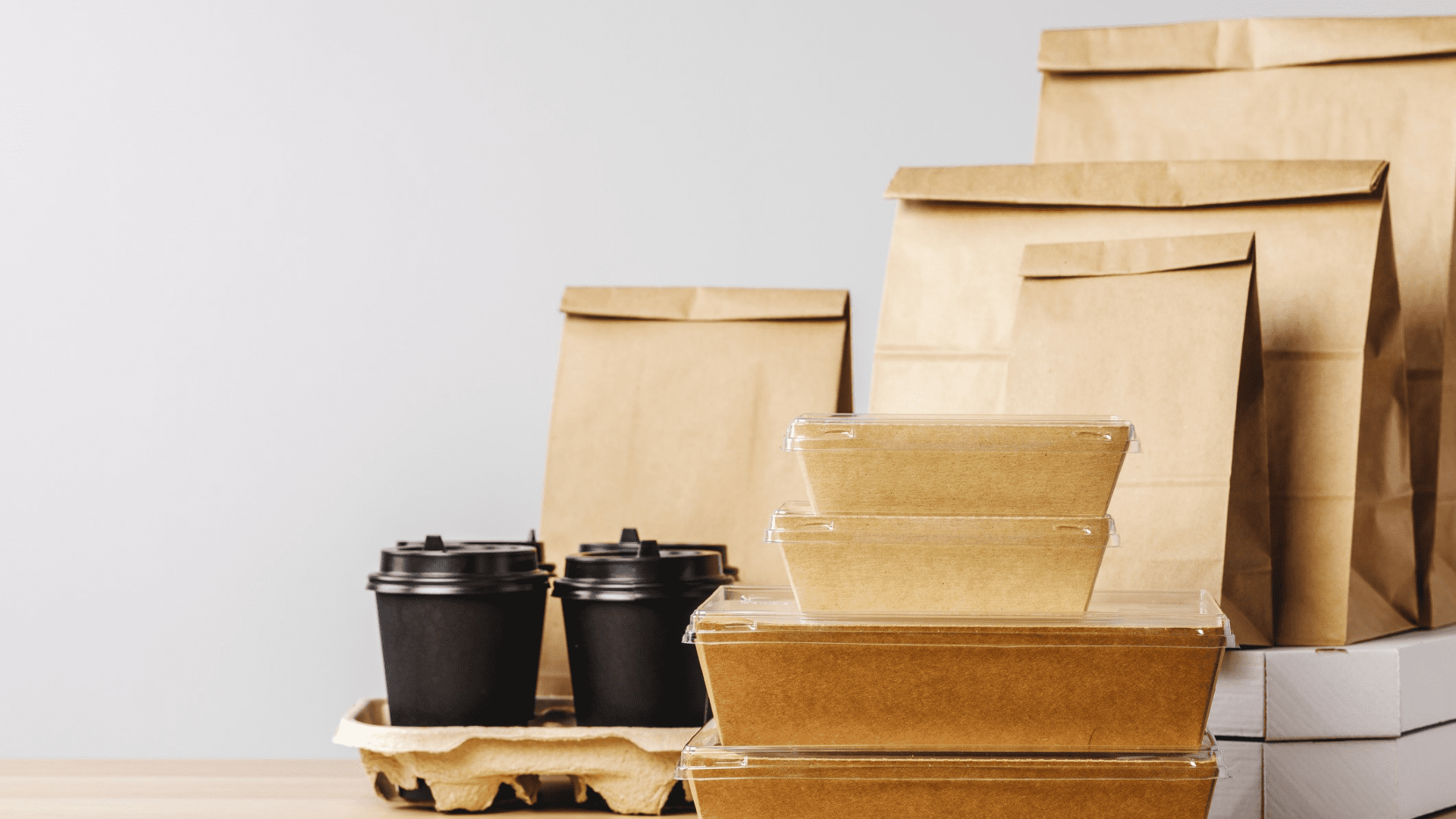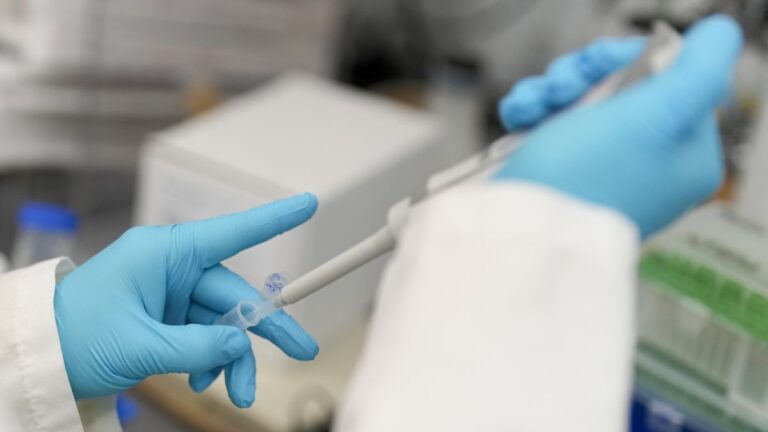Our health and safety are the frame on which our lives hang, and without them everything else that we worry about becomes irrelevant.
On September 11, I was invited to a fall brunch celebration organized by Defend Our Health, a nonprofit based here in Maine. At the event I learned about PFAS chemicals, which are found in some of the products we use in our homes.
According to the Agency for Toxic Substances and Disease Registry of the U.S. Department of Health and Human Services, PFAS hold the potential to cause serious health issues — exposure can jeopardize the immune system, increase cholesterol levels, decrease vaccine response in children, cause changes in liver enzymes, and contribute to cancer, just to name a few of the potential effects.
Here in Maine, the local impact of PFAS is significant, and many health organizations and farmers have campaigned for strict laws that limit the sale of products with high levels of PFAS. Some of these include grease-resistant paper and wrappers used in fast food, microwave popcorn bags, pizza boxes, stain-resistant coatings used on carpets, water-resistant clothing, and cleaning products, and many others.
I talked to Michael Belliveau, Executive Director of Defend Our Heath, and he said that the PFAS issue came to the forefront when a local farmer was shocked to realize that the produce from his farm held a high level of PFAS contamination. This was due to chemicals previously dumped on his fields that leached into his well and contaminated the hay he grew and subsequently all his products. Since then, more than 700 facilities and 200 private wells in Maine have tested at high levels of PFAS.
Belliveau said that thanks to the efforts of advocates here in Maine, there are now regulations that protect citizens and the environment against PFAS. Despite pushback from companies that sell products that contain PFAS, they are now obligated to label their products.
According to Belliveau, the U.S. Environmental Protection Agency could do a better job at protecting people from unhealthy products, and people need to educate themselves and be informed about health issues so they can advocate for themselves.
Apollinaire Munyaneza, President of the Rwandese Association here in Maine, is involved in Defend Our Health. He is a teacher at Portland High School and holds a doctorate in chemistry. He shares the same concerns as Bellieveau about PFAS, and is also very concerned with health hazards in our homes.
He said that most immigrants live in old homes, which may be contaminated with lead paint, and said that he is working with Defend Our Health to develop trainings for community members on how to test the health of a home so people can live free of health hazards. The program will start soon.
Meanwhile, Munyaneza encourages people to be aware of the condition of their homes and to seek assistance, when necessary, by calling the U.S. Environmental Protection Agency.
We all wish for long, safe, and healthy lives full of joy and happiness, but the food that we eat, the environment that we live in, and the air that we breathe can become invisible enemies. We must strive to be educated about them and advocate for positive change.
This column first appeared in Amjambo Africa, a print and digital publication that serves new immigrants to Maine. It is republished with permission.







